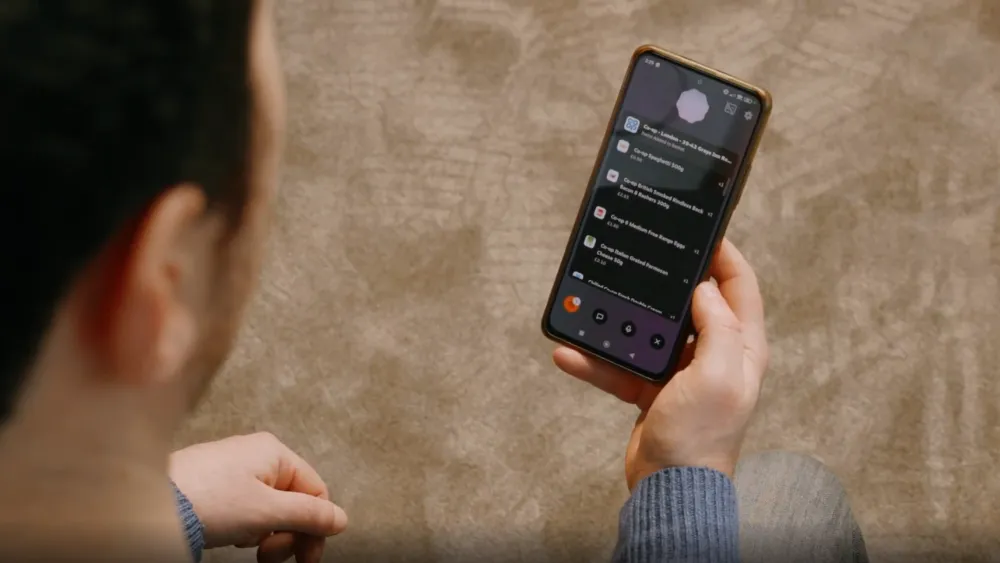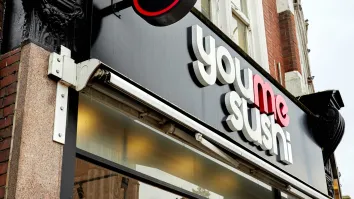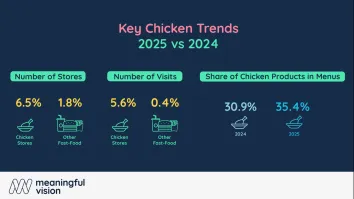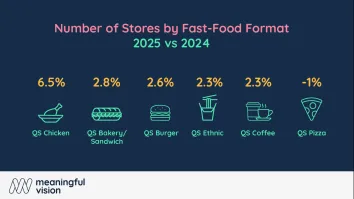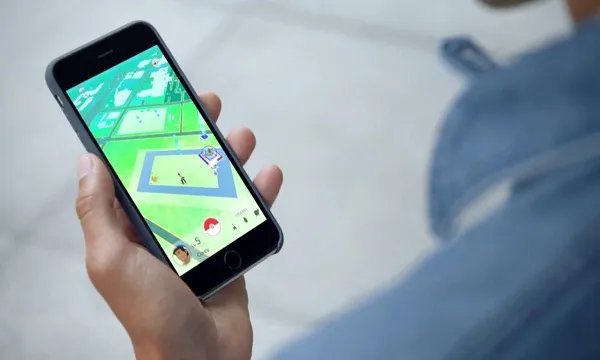
Augmented reality apps increase restaurants' profits in gaming hot spots
A study noted that close proximity to PokéStops increased average customer numbers at all restaurants.
Warut Khern-am-nuai, Assistant Professor of Information Systems at Desautels Faculty of Management, McGill University, said augmented reality apps increase the profits of restaurants in gaming hot spots. Alongside colleagues Professor Karthik Kannan and PhD student Vandith Pamuru, he examined online restaurant reviews, a recognised indicator of performance and sales, before and after the release of Pokémon Go in US in 2016.
They indicated that close proximity to PokéStops, where you can catch Pokémon, increased average customer numbers at all restaurants, despite differing menu costs.
Khern-am-nuai said, “There has been much research into the health implications of augmented reality apps, but my colleagues and I are the first to study their economic effects. Most developers use historic foot traffic data to establish gaming ‘hotspots’, such as PokéStops, in places that are often frequented by the public. Our research shows that restaurants located near these PokéStops see a visible increase in customers compared to those who do not have a PokéStop nearby. This phenomenon has big implications for the future of collaboration between technology companies and the restaurant sector, as well as other local businesses.”
“Pokémon Go was released in July 2016 and brought in more than $440 million in revenue from the App Store and Google Play Store in less than two months. With more than 20 million active daily users, it has become the biggest mobile game in US history."
“This is just one facet of the augmented reality app industry, which made $1 billion in revenue in 2016 alone. Other apps such as Foursquare, which encourages users to visit certain landmarks and buildings, actively increase footfall for restaurants globally, rendering this a hugely lucrative market for global restaurant businesses to collaborate with,” he added.
